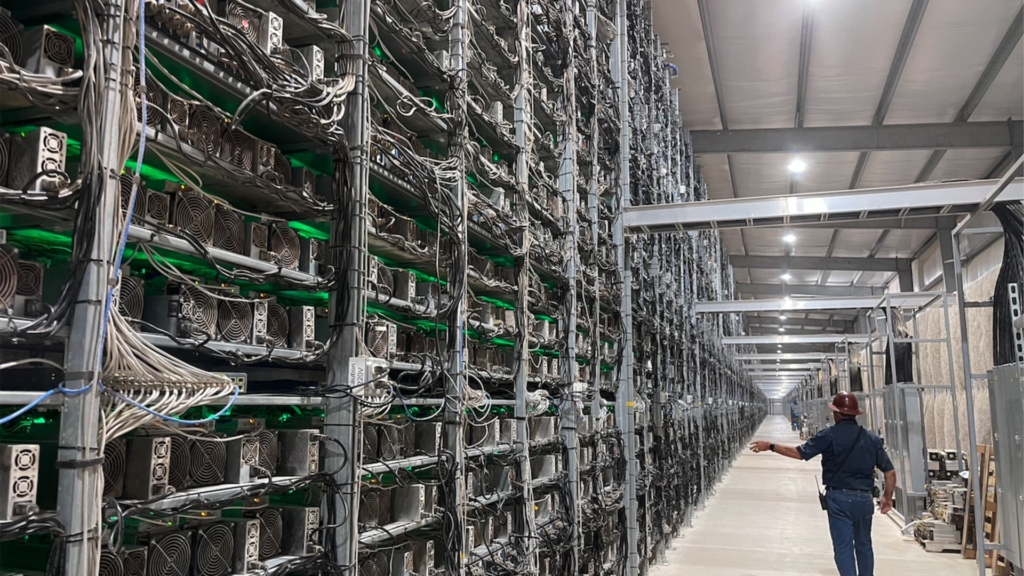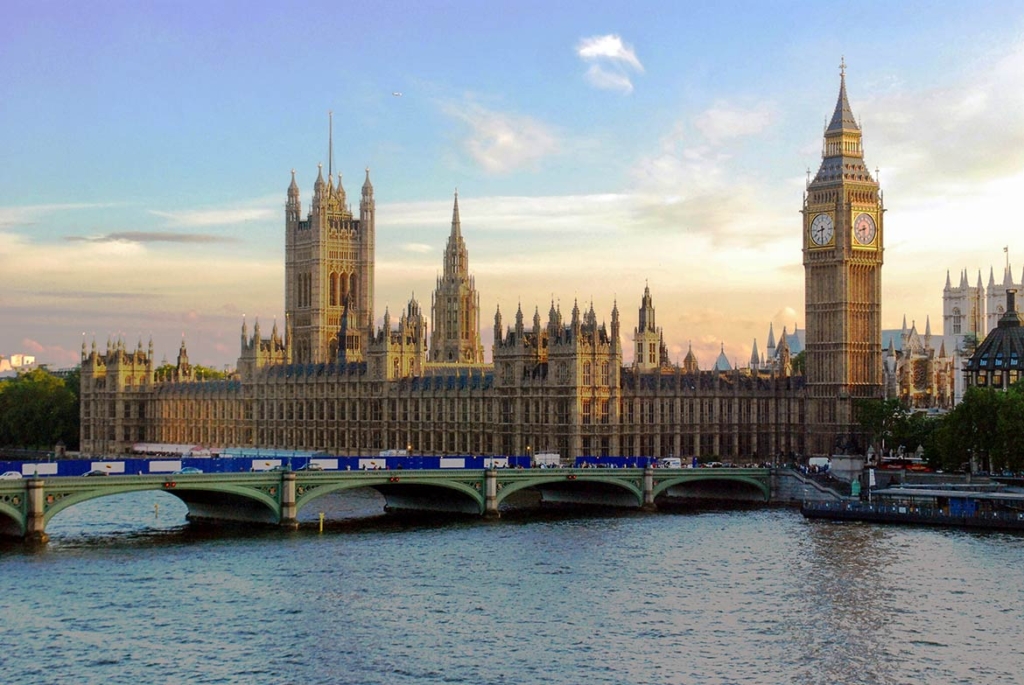The cryptocurrency mining sector in Russia has experienced substantial growth, producing a total of 54,000 Bitcoins in the current year, with an estimated worth of almost $3 billion.
The expansion of mining in Russia can be ascribed to several factors, including the availability of inexpensive electricity and the country’s expansive territory and frigid temperature, which lower the expenses associated with cooling mining equipment.
The overwhelming majority of Russian miners, accounting for 95%, concentrate solely on the mining of Bitcoin, establishing it as the prevailing cryptocurrency in the nation. Nevertheless, the industry encounters obstacles as a result of ambiguous legislation, which gives rise to apprehensions over possible government crackdowns.
President Vladimir Putin recently enacted legislation that provides explicit guidelines for the bitcoin mining sector, specifying their entitlements and responsibilities. Although individual miners are not required to register, larger mining operations will be subject to more stringent rules.
The objective is to ensure that the industry makes a constructive contribution to the Russian economy. Nevertheless, Russia’s regulatory strategy has prompted apprehensions from the Financial Action Task Force (FATF), which censures the nation’s inability to adhere to global benchmarks in deterring money laundering.
The Russian government anticipates that these new regulations will facilitate the organization of the industry and guarantee economically advantageous mining activities. Nevertheless, there is a continuous dispute regarding whether implementing more stringent restrictions could impede innovation and hinder the advancement of the sector.
Analysts forecast a potential growth of 20% to 40% in Russia’s cryptocurrency mining industry by 2024. This surge is expected to be fueled by the rising demand for Bitcoin and the continuous developments in mining technology.
The success of the sector relies on its capacity to adjust to new regulations, with apprehensions that excessive regulation could impede expansion. Conversely, implementing appropriate rules might establish a lasting and financially rewarding atmosphere for miners, promoting enduring prosperity in the industry.



